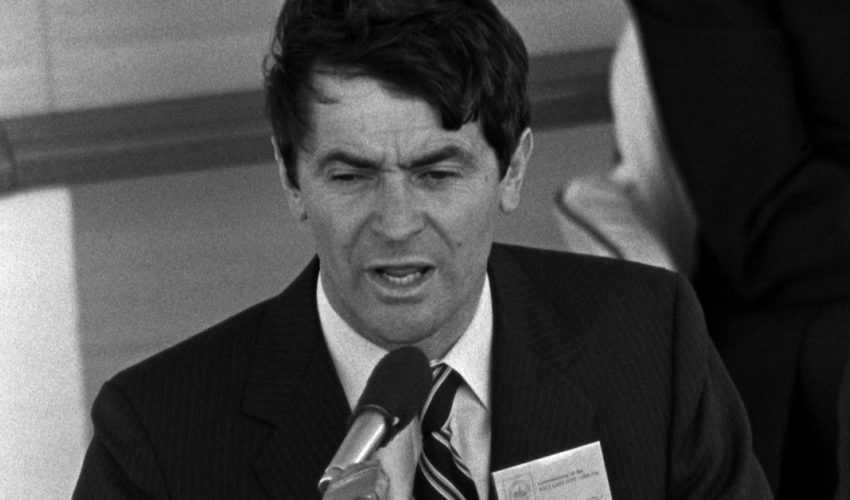The Utah Attorney General’s Office conveys its deepest condolences to the family of Mayor Ted Wilson upon his passing and sends our love and support to his daughter, Missy Wilson Larsen, a beloved leader in our AG Office.
Like the mountains he was so skilled at summiting, Mayor Wilson’s life and public service were towering monuments of strength that inspired and uplifted the people of Utah and many beyond our borders.
His civic legacy will be one of a bright, optimistic, compassionate, and inclusive leader who built bridges and forged friendships with people from all walks of life.
He had an endearing passion for the environment and education, and his contributions to those and so many other fields will long be remembered.
Ted quietly mentored and supported many of us in public and private service to our community regardless of race, religion, or political affiliation. He was a gentleman with a great sense of humor, zest for life, outsized love for humanity, and a healthy dose of irreverence.
His greatest legacy—his children and grandchildren—are already continuing his example of servant leadership and, like he did, giving back to Utah and America in immeasurable ways.
Utah Attorney General Sean D. Reyes










